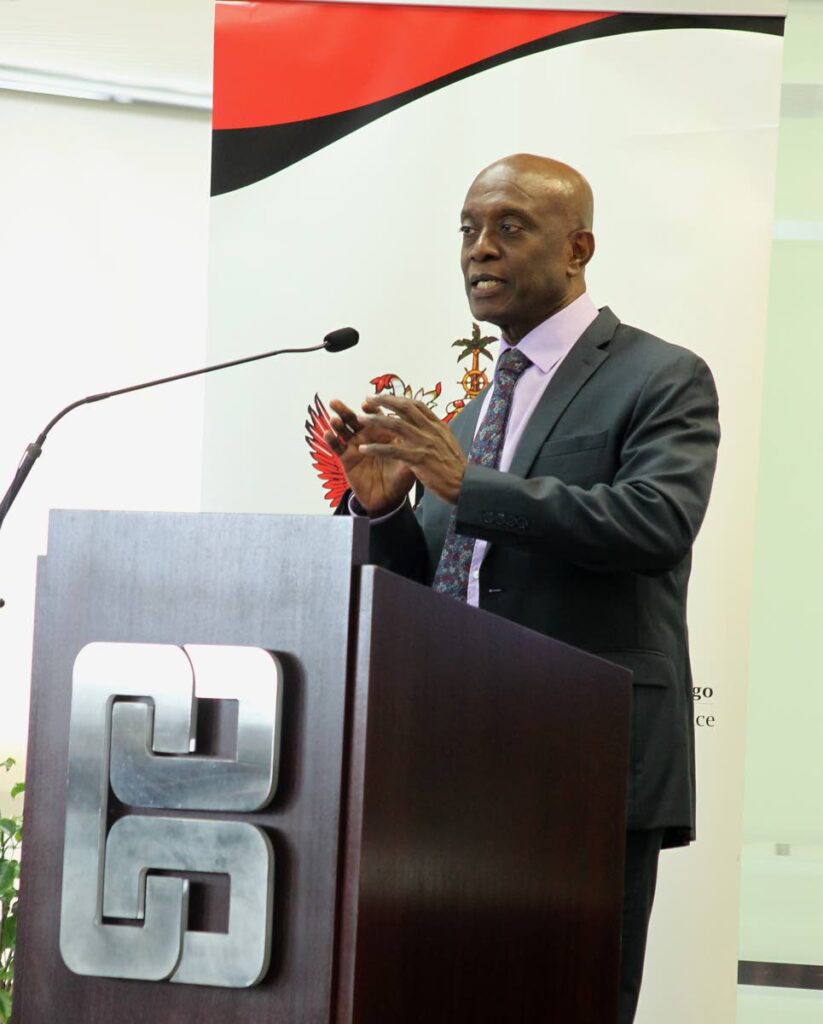Dr Hilaire’s return a cautious move

THE reappointment of Dr Alvin Hilaire as Governor of the Central Bank is a cautious move. Nonetheless, it highlights looming questions about the relevance of central banking in a turbulent world and reignites the debate over the process of appointment and the subsequent tenure of appointees.
From multiple perspectives, Dr Hilaire is a sure bet. He is one of the longest-serving governors, having been in the post for eight years. His reappointment, effective December 23, positions him to have the second-longest tenure as governor ever and the longest of the 21st century. This, after a 20-year career at the bank.
But at a time when governments perennially warn that this country could one day be in the grip of the International Monetary Fund (IMF), the governor’s international experience is a huge asset.
In addition to working for the IMF in several jurisdictions, Dr Hilaire served as chairman of the Caricom Development Fund, where he worked on assistance for small, vulnerable countries.
He brings to bear a range of perspectives at a moment when the most pressing economic challenges are global in scope yet local in impact.
Still, while Dr Hilaire is a safe pair of hands, his reappointment, which comes after the State shortened the tenure of governors from five to three years, raises questions about the terms under which Central Bank leaders serve and the measures in place to ensure independence and accountability.
The impact of the shortening of the term is that it effectively subjects the postholder to Cabinet oversight every three years, in a manner that has the aura of an acting appointment.
In contrast, the head of the UK Central Bank serves for eight years, while the chairman of the US Federal Reserve serves for four (the Fed’s board of governors serve 14-year terms).
If reappointment is premised on stability, then it should be asked why terms were shortened in the first place and whether this change simply dilutes the freedom of the bank.
At the same time, a degree of oversight seems appropriate when we consider the need for governors to be accountable. Though the post is nominally independent, in practice the Government and the bank must collaborate. It is perhaps instructive that the length of Dr Hilaire’s term is identical to the length of time Colm Imbert has thus far served as Minister of Finance.
Be that as it may, given the important public functions performed by a governor it is worth asking whether there needs to be reform of the way in which a governor is selected in future to attain a better balance.
The bank will be key to coming developments in 2024. With covid19-era grants formally coming to an end, increases in taxation and the cost of utilities expected to go up, consumer income will come under greater strain. All eyes will be on the Government’s fiscal management leading up to a general election. Dr Hilaire’s voice will be more important than ever.

Comments
"Dr Hilaire’s return a cautious move"